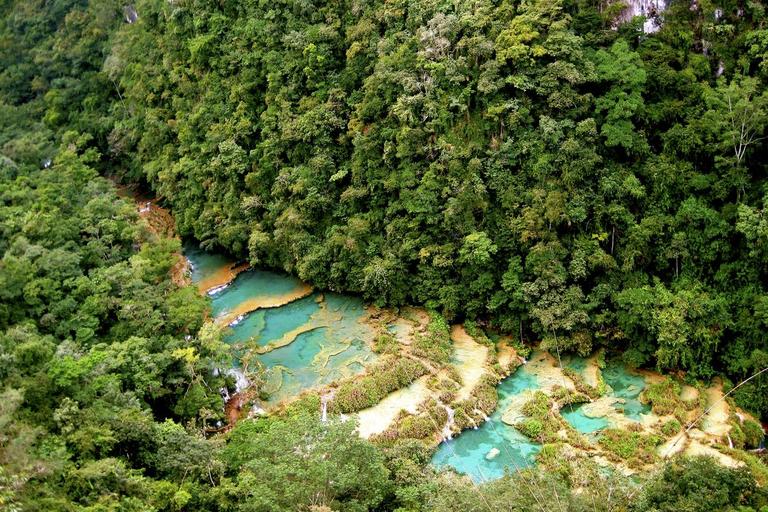is the study of the interconnected components of our environment—the atmosphere, hydrosphere, lithosphere, cryosphere, and biosphere—and how they interact to produce an integrated whole. It utilizes the fundamental disciplines of mathematics, physics, chemistry, and biology and applies them in the context of human activities and landscapes to understand the Earth, at scales ranging from single watersheds to the entire globe.
The research of our Earth Systems Science faculty epitomizes this interdisciplinary and global approach, and with expertise in biogeochemistry, biogeography, climate dynamics and climate change, geomorphology, glaciology, hydrology, and terrestrial ecology. Our research spans all corners of the world—from the swamps of the Everglades to the tundra of Alaska, from the ocean-atmosphere systems of the tropical Pacific to the vast ice sheets of Antarctica.
Our regular and adjunct faculty include:
JEFFREY Q. CHAMBERS
Terrestrial ecosystem ecology and biogeography, tropical forests and climate change interactions, forest disturbance and recovery processes, landscape dynamics and remote sensing
JOHN CHIANG
Climate dynamics, climate variability and change, paleoclimate, and applications of climate studies to society
KURT CUFFEY
Glaciers, climate, geomorphology
LAUREL LARSEN
Hydroecology, landscape dynamics, complex environmental systems, environmental restoration
ROBERT RHEW
Trace gas biogeochemistry, effect of land cover on trace gas exchange, biosphere-atmosphere interactions, and atmospheric pollution
DAVE WAHL
Biogeography; regional focus: Central America, Western US, Pacific Islands

